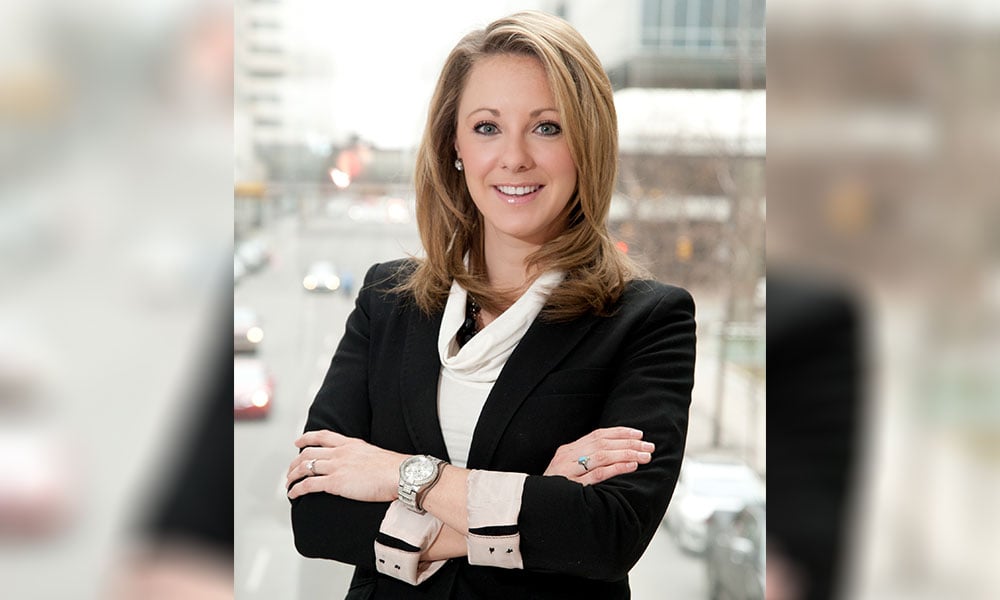‘Find someone that you can make a connection with and that you find very easy to learn from,’ says Women in Safety speaker

When Anne Guinard was first starting out as a young safety professional at Imperial Oil in Calgary, she found an excellent mentor in Dave Fennell, who was the senior safety advisor at the company.
“He was extremely knowledgeable in the profession, but he was also very knowledgeable about how to work within our field in a major company and how to navigate that,” Guinard explained, who is now the upstream SSHE functional planner and analytics advisor for ExxonMobil.
Both Guinard and Fennell are speaking about the value of mentorship opportunities at Canadian Occupational Safety’s upcoming Women in Safety event in Calgary on March 5.
Having a good mentor is something that Guinard believes is extremely important for young professionals — especially women.
“In the safety profession, it’s fairly male-dominated workforces, whether it be in the professional stream or not, and that can be somewhat intimidating as females starting a new career, entering that workforce and understanding how they fit in,” she said.
Fennell introduced Guinard to the higher-ups and influential colleagues as well as brought her into discussions and meetings when there might be a learning opportunity. He also had an open-door policy, which Guinard tries to model now that she is a mentor herself.
“Everybody is really busy in their day-to-day work, but if you committed in some way to a person, take the time — even if it’s not convenient for you — instead of going ‘Ugh, not right now,’” she said. “It will be more meaningful to that individual because they will recognize the effort.”
Guinard cautions against getting into a mentorship program unless you are “doing it for the right reasons.” If the mentor is participating in the program to tout it on a resume, then they should not bother volunteering their services because they likely won’t do the program any justice.
“It really is about making that person as successful as they can be, regardless of whether it reflects well on you or not,” she said.
In order for the partnership to truly be successful, the mentee has to play their part as well. For example, they should know the expectations upfront if they are brought into a high-profile meeting. Would it be appropriate for them to ask questions during the meeting or jot them down for a one-on-one session with the mentor later? They also need to understand that mentorship is a time commitment and respect the boundaries of their mentor. Not everyone will be comfortable being at the beck and call of the mentee and might prefer set meeting times instead.
It can also be helpful to understand how a mentor can and cannot assist your career development.
“Don’t expect your mentor to help you in all aspects of your career. You may need to leverage different people in a different way,” Guinard said. “It helps you find the right balance of who you can learn from and how you can best learn from them — and give you a broader exposure.”
If a company doesn’t have a formal mentorship program, then an individual can seek out a mentor themselves. They can start by looking for someone who would want to be a mentor and who matches their personal learning style.
“Find someone that you can make a connection with and that you find very easy to learn from and approach them and ask them whether or not you can use them in that capacity,” Guinard suggested.
Some places to find a mentor include within your own organization (start by asking your direct supervisor for recommendations), professional associations, and simply reaching out to individuals on LinkedIn.
Learn more about mentorship and the positive impact it can have on your career at the Women in Safety Event in Calgary on March 5.






